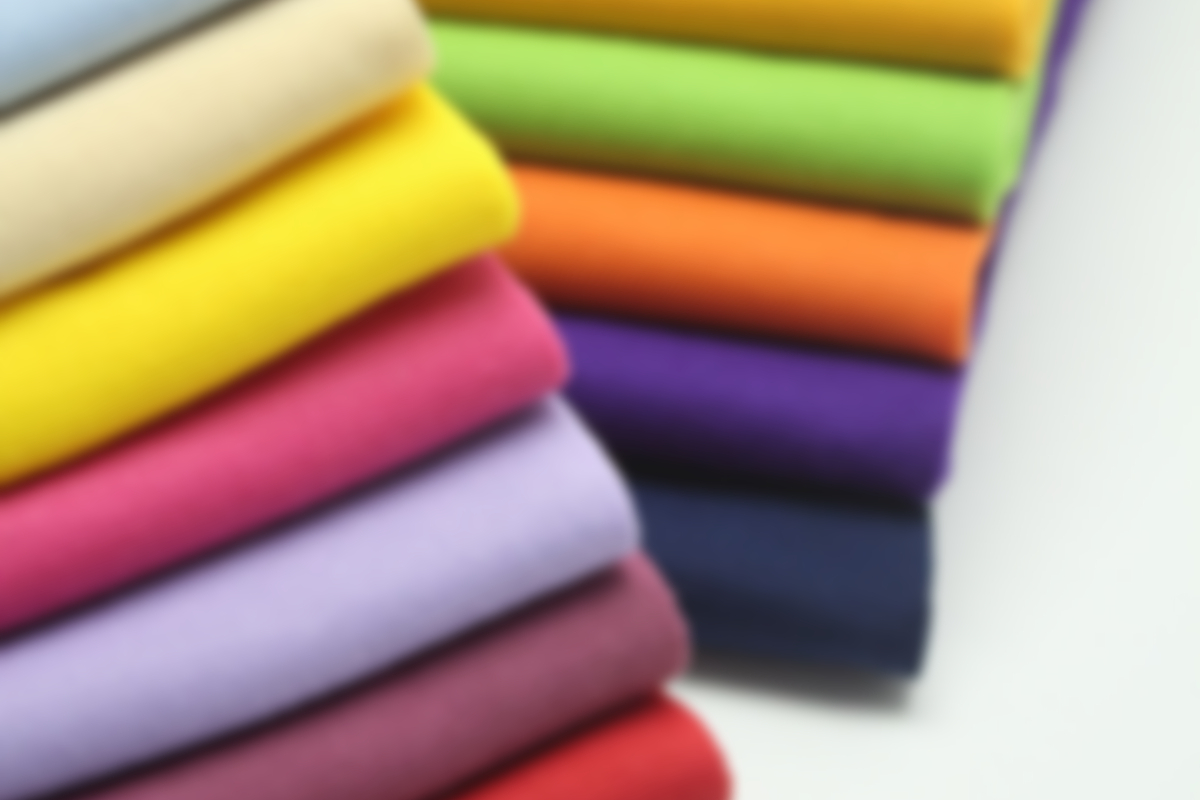Sustainable fabrics, in the most extensive context, are eco-friendly fabrics. Eco-friendly fabrics with minimal environmental impact are best and require little water and chemicals in manufacturing. Additionally, producing eco-friendly materials has little effect on people or the environment and is created in autonomous, sustainable production systems.
Benefits of Organic Textiles
Terms like eco-cotton, eco-friendly textiles, and organic cotton are undoubtedly familiar. One may already be aware that the fashion industry is one of the most significant polluters in the world. As a result, those hazards have increased the hunt for environmentally friendly materials to meet textile demand.
Moreover, natural fabrics help lessen the adverse environmental effects of the textile industry. The textile industry severely impacts the environment, but a company such as LYCRA has products that have risen above this negative impact.
Types of Materials Found in Organic Textiles
The cotton plant's seeds produce cotton fibers that become spun into yarn. The cotton cloth is then created using this thread to remain breathable and lightweight.
Typically, silk strands from silkworm cocoons are used to weave silk garments. Sericulture is the process of making silk from the plant sericulture. Silk is a very delicate fabric that deters insects like mosquitoes. Chiffon, charmeuse, crepe de chine, and shantung are standard fabrics crafted from silk fibers.
Wool fibers from woolly animals like sheep are used to make wool fabric. Due to its insulating qualities and capacity to keep the user warm, wool is one of the most popular materials in cold areas. Additionally, it is utilized in horse blankets, saddle cloths, blankets, and carpets.
Sustainable materials like ethical wool are created from natural, repurposed, or environmentally beneficial resources. New techniques to manufacture sustainable cotton deliver beneficial outcomes, especially the new Fibre52™ Cotton Technology Introduces An Up To 50 Percent More Sustainable Ultra-Performance Version Of Cotton.
By lowering waste and not polluting the water, sustainable fabrics also contribute to water conservation. Sustainable materials don't utilize harmful chemicals or contribute to deforestation, according to realtimecampaign.com.
Reversing The Damage From The Textile Industry
It's time to find out details and pay more attention to textiles. For example, 16% of the cotton farmed worldwide is produced in the United States, but just 1% is organic cotton grown without harmful pesticides or synthetic fertilizers. The concept of farm-to-closet involves building a local organic cotton mill and seed bank, enabling the manufacturing of cotton locally, from seed to finished clothing.
Additionally, the industry is linked to abuses of labor laws worldwide. The nation needs a policy change to increase domestic organic fiber production and mandate that U.S.-based businesses lessen microfiber contamination. Today, most individuals must be aware of the actual cost of clothing and require ethical labels to avoid adding to the damage.
Furthermore, governments should regulate textiles so consumers can learn to keep the emphasis on both ethics and economics. Learning which fabrics are ecological and which are not is the first step in fighting fast fashion. A new national textile infrastructure policy is needed.
Media Contact
Company Name: Realtimecampaign.com
Contact Person: Media Relations
Email: Send Email
Phone: 407-875-1833
Country: United States
Website: Realtimecampaign.com















